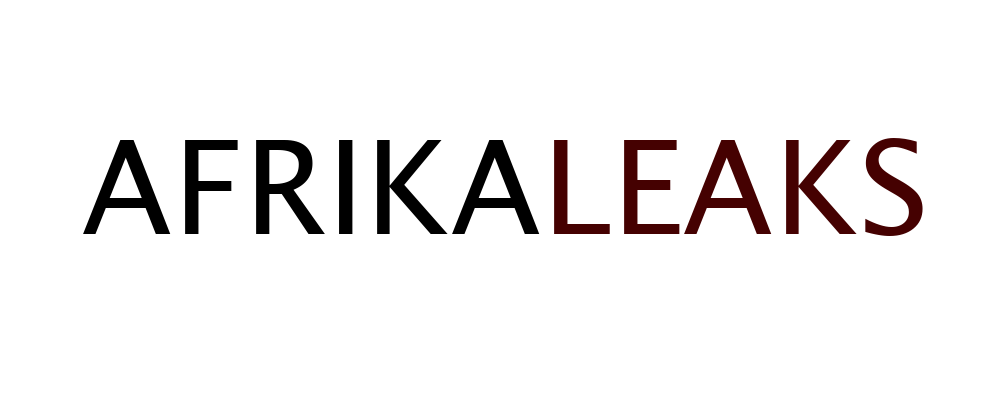Why does South Africa have to pay more for covid vaccines than other countries? For several reasons, the country is forced to pay 2.5 times more for its vaccines than other countries, especially European countries.
Still officially South Africa is the country on the continent most affected by the coronavirus. It will pay for its first vaccines developed by AstraZeneca nearly 2.5 times more than European countries, the Ministry of Health announced. “The price of 5.25 dollars (4.32 euros, editor’s note) is the one we have been told,” the South African ministry told the press on Thursday, January 21. The price of doses is currently a sensitive global issue, with many negotiations underway with pharmaceutical companies. The World Health Organization (WHO) recently called on governments to stop bilateral negotiations with the laboratories, at the risk of raising prices.

European Union (EU) countries will pay for vaccines developed by the same laboratory only 1.78 euros, according to information disclosed in mid-December by a Belgian minister on Twitter.
What is the reason for this price difference for South Africa? The 1.5 million vaccines expected in the coming weeks, obtained through bilateral negotiations between the government and the AstraZeneca/Oxford alliance, are produced in India by the Serum Institute of India (SII). The continent’s leading industrial power is considered an upper-middle-income country. It is with this status that it has joined the WHO Covax scheme for equitable access to vaccines. Second, South Africa’s Deputy Director General of Health, Anban Pillay, told Business Day newspaper that the award is due to the fact that other countries with the same status have contributed much more to research and development. “We were told that other high-income countries benefited from a lower price because they invested in research and development, hence the reduction in price. “Approximately 2,000 South Africans participated in vaccine trials in 2020.
For Shabir A. Madhi, professor of vaccinology at the University of the Witwatersrand, the government has “compounded the problem by not engaging in timely bilateral agreements directly with manufacturers through an advanced market engagement mechanism,” he says. Many other countries, including middle-income countries, did so as soon as the vaccines entered phase two and three trials.
AstraZeneca/Oxford, in the global race for vaccines, had committed to sell its doses at cost, around 2.50 euros, “to be able to provide this vaccine to the widest possible population,” the president of AstraZeneca France told AFP. The vaccine, which requires two doses, is on average 70 percent effective when results from two different protocols are combined.
As South Africa faces a second deadly wave of the epidemic with nearly 39,000 deaths, President Cyril Ramaphosa recently announced that he has obtained 20 million vaccines for the first half of 2021 from several laboratories, without specifying which ones. The WHO-supported Covax facility is expected to provide injections to 10% of the population between April and June. Other vaccines will be supplied through the African Union and bilateral contracts with suppliers that have not yet been disclosed. His government has been under fire for weeks for, among other things, its delay in launching a vaccination plan. The Democratic Alliance, the main opposition party, has called for clarification on the issue, and several opposition groups are threatening legal action. “The government’s non-disclosure of information is further evidence of why it cannot be trusted with a monopoly on the purchase and distribution of Covid-19 vaccines,” said Afriforum, an advocacy group, in a statement. AstraZeneca’s vaccine is one of the most suitable for African health systems because it does not require storage at ultra-low temperatures like the vaccine from Pfizer and its German partner BioNTech. To date, the country has recorded more than 1.3 million cases and 38,800 deaths, but scientists are not yet able to confirm the ability of vaccines to combat them.

